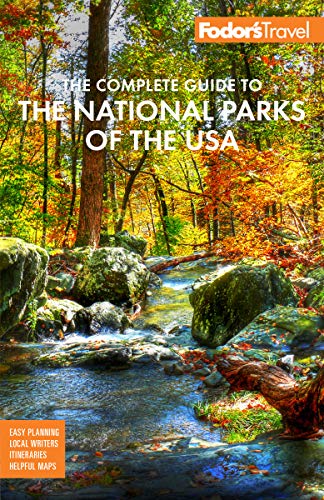Thomas Jefferson, a Brief Biography
One of the nation's foremost statesmen, Jefferson is best known for his first contribution to the country: drafting the Declaration of Independence in 1776. The sum of the 33-year political career that followed is better remembered than its milestones, which do, however, bear repeating.
His first office of weight was that of governor of his beloved Virginia, beginning in 1779. In 1790 he served as secretary of state under his friend George Washington, and resigned in 1793. A Republican presidential candidate in 1796, he lost by just three electoral votes to Federalist John Adams, and as rules then dictated, Jefferson became vice president. By the 1800 race, tensions between the Federalist and Republican parties were high and debilitating to a nation still finding its way. Jefferson won the nation's third presidency at this critical juncture and served two terms, after which he retired to Monticello.
The breadth of Jefferson's skills is astounding. He was a statesman, farmer and zealous gardener, writer, scientist, musician, and philosopher. One admiring contemporary described Jefferson as a man who could "calculate an eclipse, survey an estate, tie an artery, plan an edifice, try a cause, break a horse, dance a minuet, and play a violin." And as a lover of great wine, Jefferson introduced European vinifera grapes to Virginia. He has even been hailed as the father of the American gastronomic revolution, importing from France olive oil, Parmesan cheese, raisins, and pistachios. The Garden Book, which he kept for upward of half a century, contains a wealth of minutiae, from planting times to the preferred method of grafting peach trees.
It's often noted that this architect of democracy was also a slave owner. He owned about 200 slaves at any given time, and freed only 7 after his death, and one of the most enduring mysteries surrounding Jefferson has been his relationship with Sally Hemings, one of his slaves. Jefferson went through an inquiry into his conduct during his last year as governor of Virginia, and while president, Federalists accused him of improper relations with a white woman and with Hemings.
Virginians love Jefferson because he loved Virginia. Monticello, his experiment in architecture that had him making changes until the day before he died, attracts 500,000 people every year. The University of Virginia, which Jefferson called "the hobby of my old age," is now one of the nation's elite public universities. Charlottesville honors its most famous resident in a number of ways. On April 13—Jefferson's birthday—the Thomas Jefferson Center for the Protection of Free Expression presents the Muzzle Award to those guilty of trying to quash free speech. On the anniversary of his death, Independence Day, Monticello is the site of a naturalization ceremony for new Americans.




